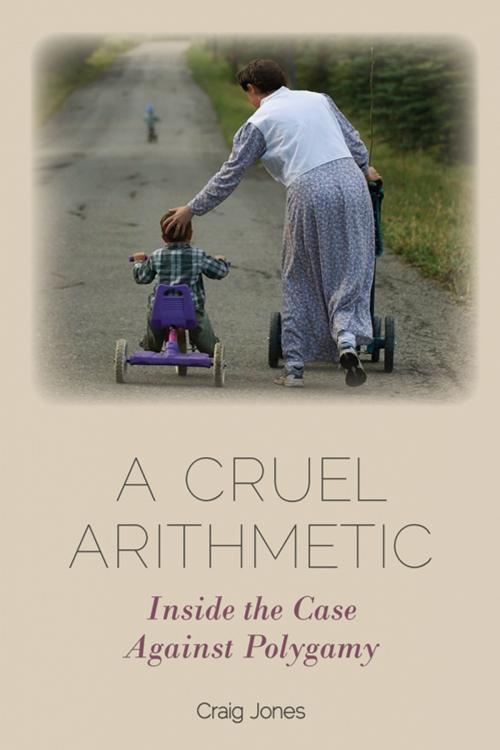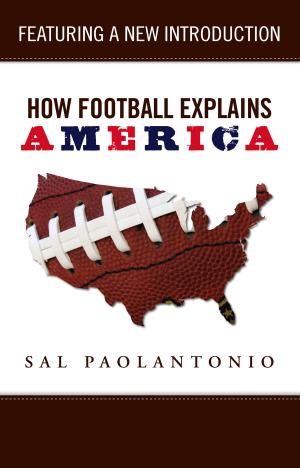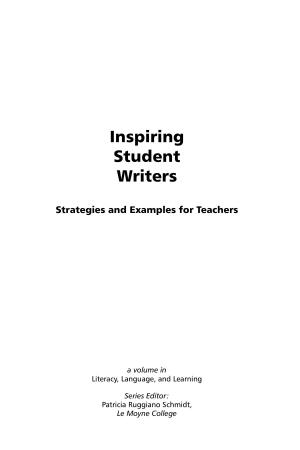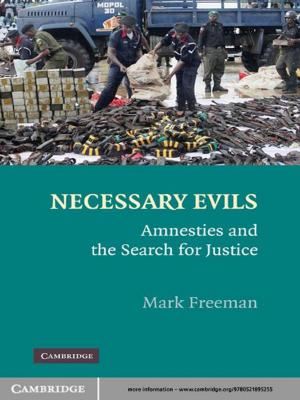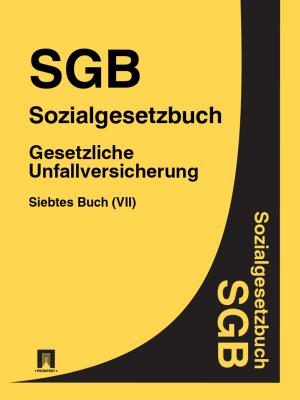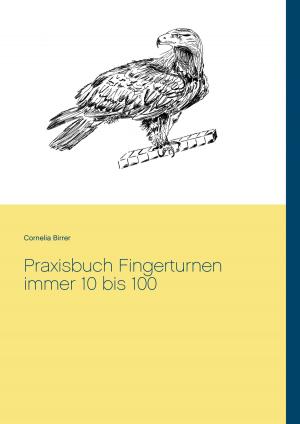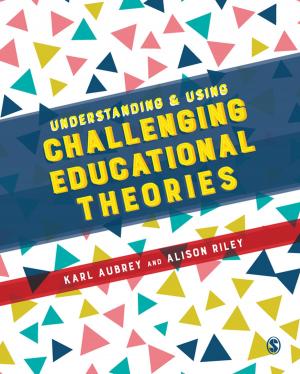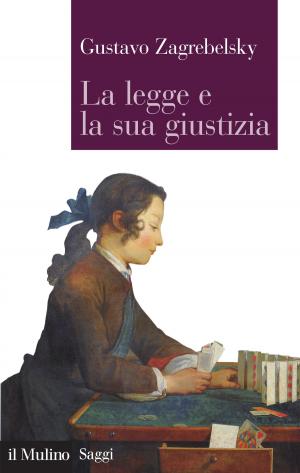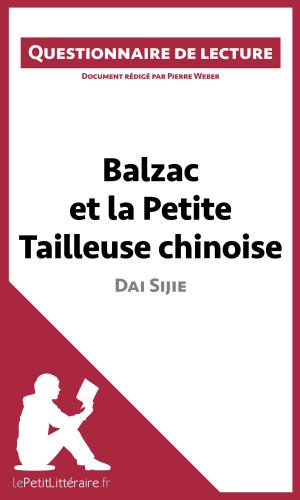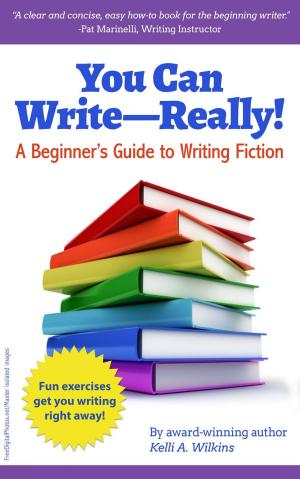A Cruel Arithmetic
Inside the Case Against Polygamy
Nonfiction, Reference & Language, Law, Child Advocacy, Family Law, Biography & Memoir, Reference| Author: | Craig Jones | ISBN: | 9781552213186 |
| Publisher: | Irwin Law | Publication: | September 11, 2012 |
| Imprint: | Language: | English |
| Author: | Craig Jones |
| ISBN: | 9781552213186 |
| Publisher: | Irwin Law |
| Publication: | September 11, 2012 |
| Imprint: | |
| Language: | English |
Beginning in 2009 in Vancouver, a small team of lawyers from the federal and provincial governments, along with a handful of allied public-interest groups, set out to prove the experts wrong and to show that there were devastating harms that inevitably flowed from polygamys cruel arithmetic: harms to women and children, to society at large, and even to the very foundation of democracy itself. The case against polygamy would proceed for almost two years, and was laid out through forty-four days of trial and more than 100 witnesses. The evidence ranged from the testimony of pre-eminent academics to stark and disturbing confessions of polygamists testifying under the shield of anonymity. The eventual 357-page decision of the Chief Justice of the Supreme Court of British Columbia, based on (in his words) the most comprehensive judicial record on the subject ever produced, defied all expectations and set the world of constitutional law back on its heels.
This is a remarkable insiders story of a unique piece of litigation: the first trial-court constitutional reference in Canadian history. Craig Jones, lead counsel for the Attorney General of British Columbia, describes the argument he and his colleagues developed against polygamy, drawing from fields as diverse as anthropology, history, economics, and evolutionary psychology. Yet it was ultimately the testimony of real people that showed how the theoretical harms of polygamys cruel arithmetic played out upon its victims.
A Cruel Arithmetic describes how the authors own views evolved from scepticism to a committed belief in the campaign against polygamy. This book is also an invitation to Canadians across political, philosophical, and religious spectrums to exercise their curiousity, approach the issue with an open mind, and follow along as the evidence converges to its powerful and surprising conclusion.
Beginning in 2009 in Vancouver, a small team of lawyers from the federal and provincial governments, along with a handful of allied public-interest groups, set out to prove the experts wrong and to show that there were devastating harms that inevitably flowed from polygamys cruel arithmetic: harms to women and children, to society at large, and even to the very foundation of democracy itself. The case against polygamy would proceed for almost two years, and was laid out through forty-four days of trial and more than 100 witnesses. The evidence ranged from the testimony of pre-eminent academics to stark and disturbing confessions of polygamists testifying under the shield of anonymity. The eventual 357-page decision of the Chief Justice of the Supreme Court of British Columbia, based on (in his words) the most comprehensive judicial record on the subject ever produced, defied all expectations and set the world of constitutional law back on its heels.
This is a remarkable insiders story of a unique piece of litigation: the first trial-court constitutional reference in Canadian history. Craig Jones, lead counsel for the Attorney General of British Columbia, describes the argument he and his colleagues developed against polygamy, drawing from fields as diverse as anthropology, history, economics, and evolutionary psychology. Yet it was ultimately the testimony of real people that showed how the theoretical harms of polygamys cruel arithmetic played out upon its victims.
A Cruel Arithmetic describes how the authors own views evolved from scepticism to a committed belief in the campaign against polygamy. This book is also an invitation to Canadians across political, philosophical, and religious spectrums to exercise their curiousity, approach the issue with an open mind, and follow along as the evidence converges to its powerful and surprising conclusion.
